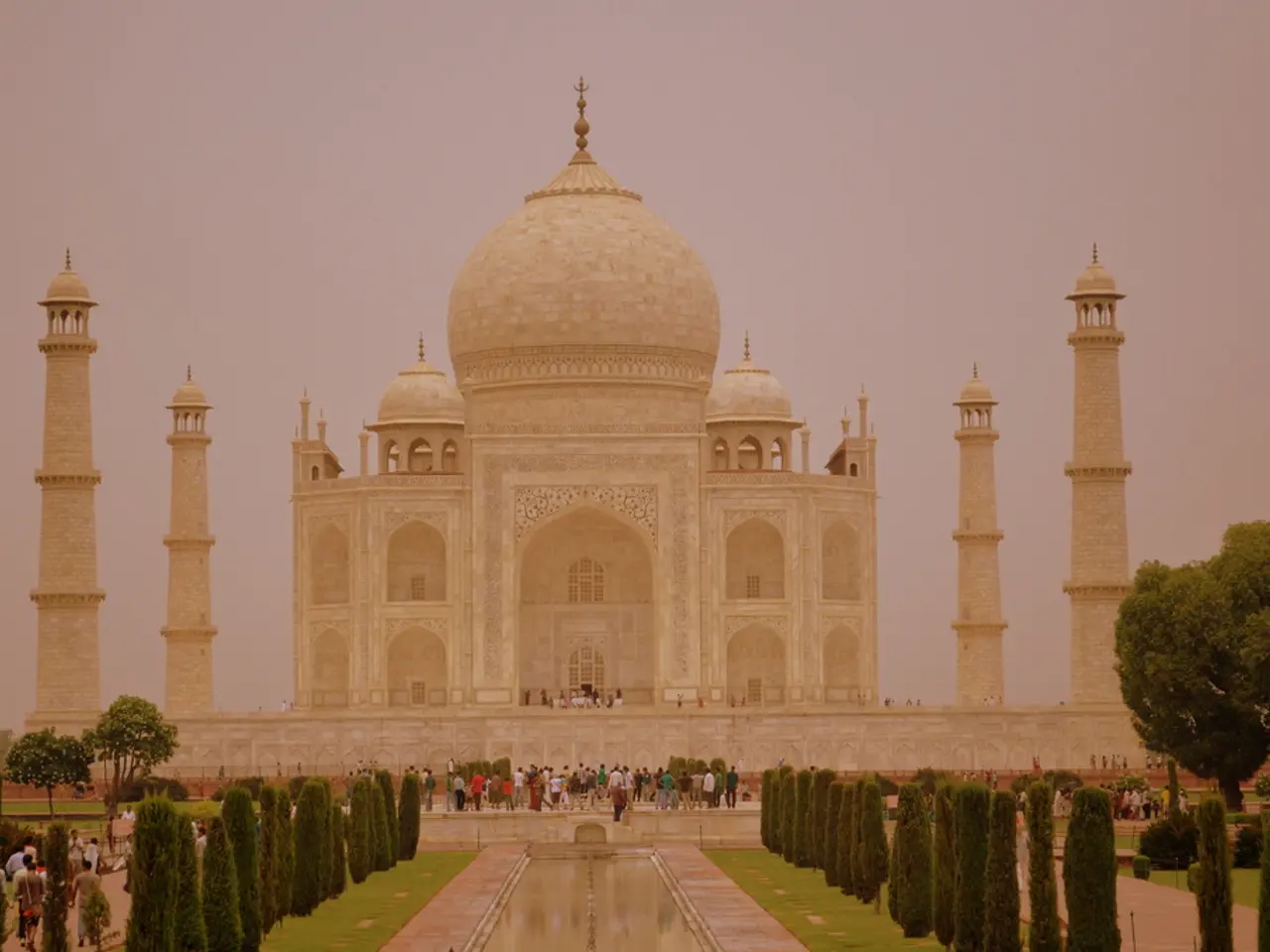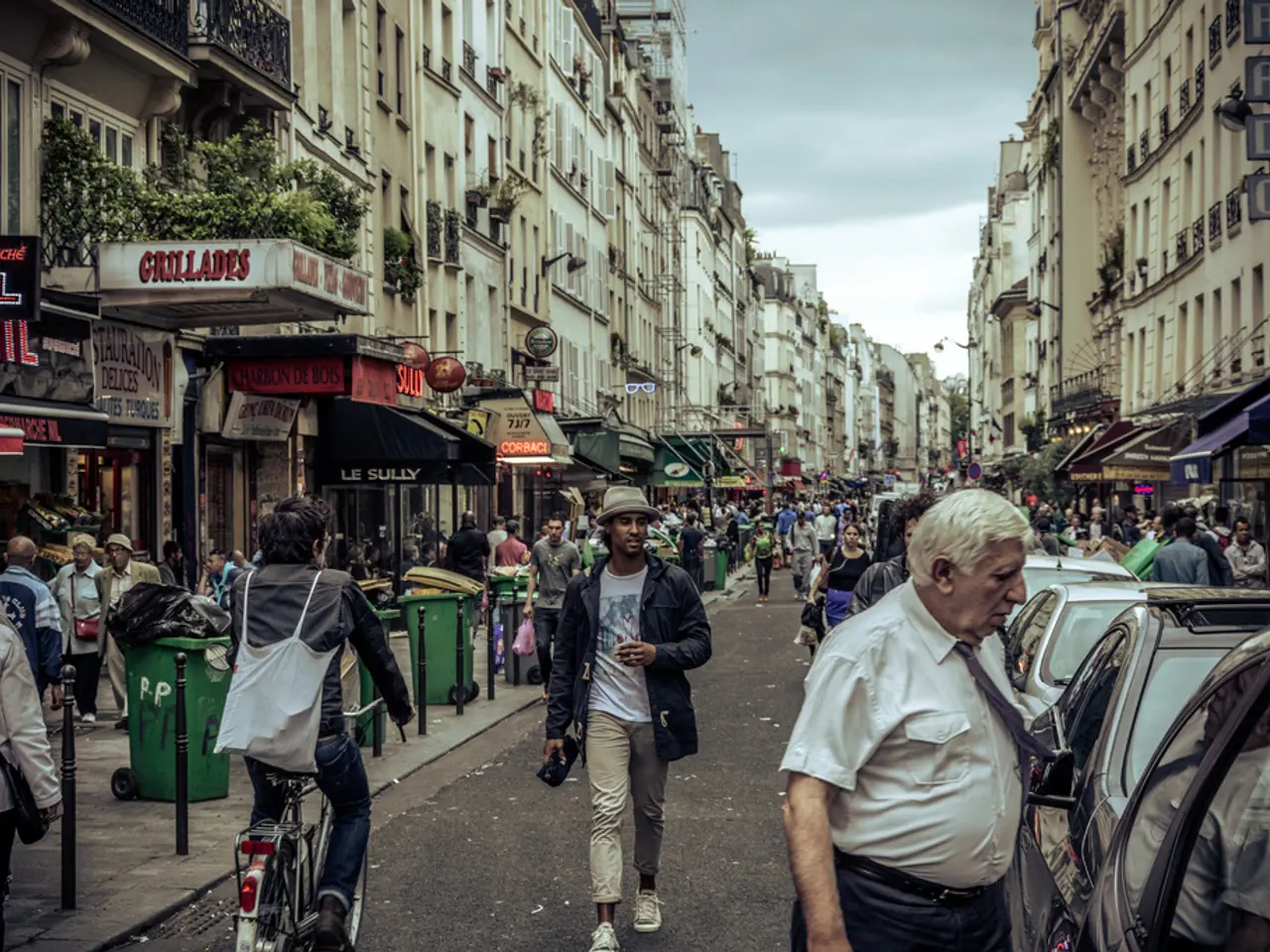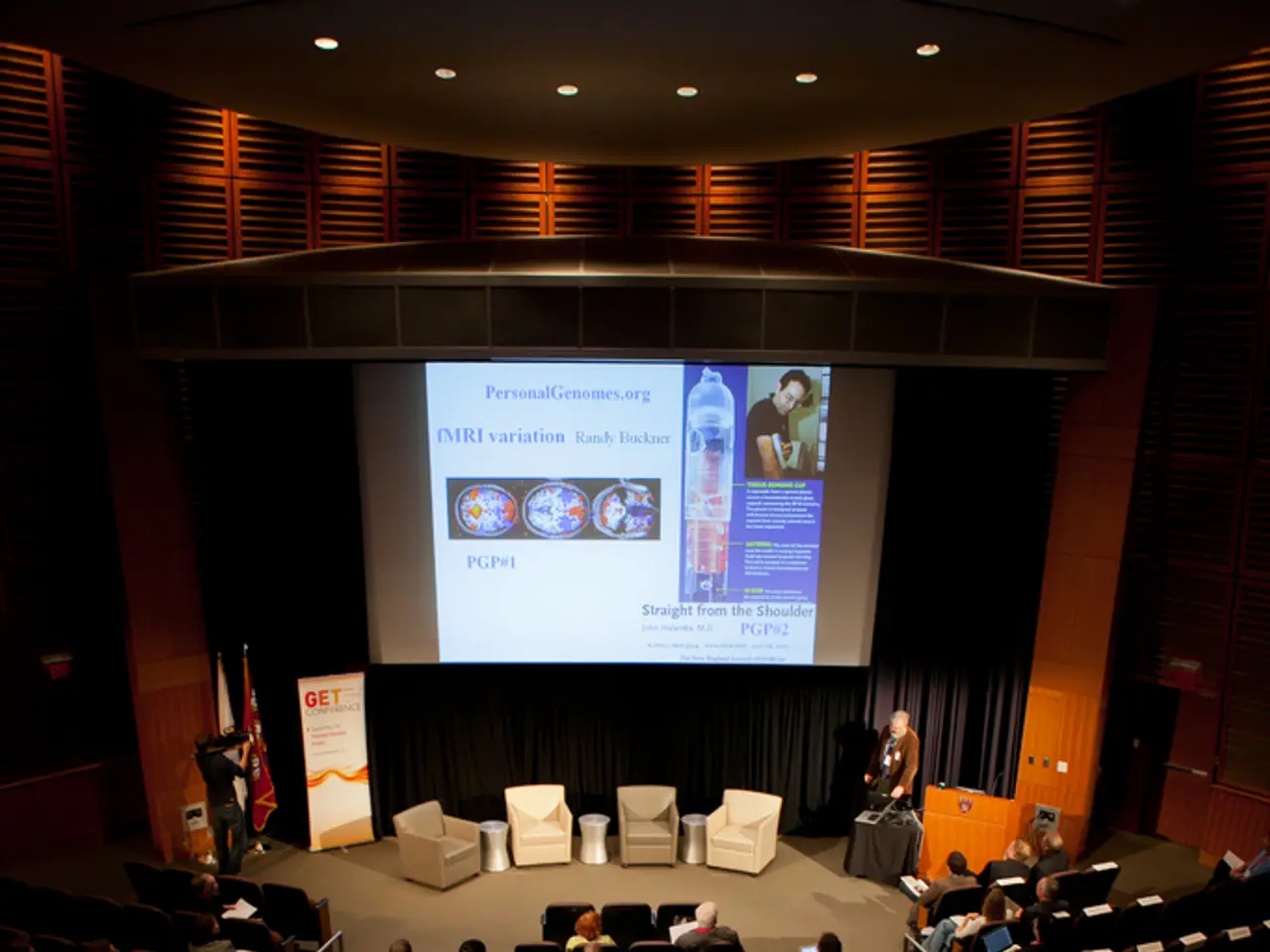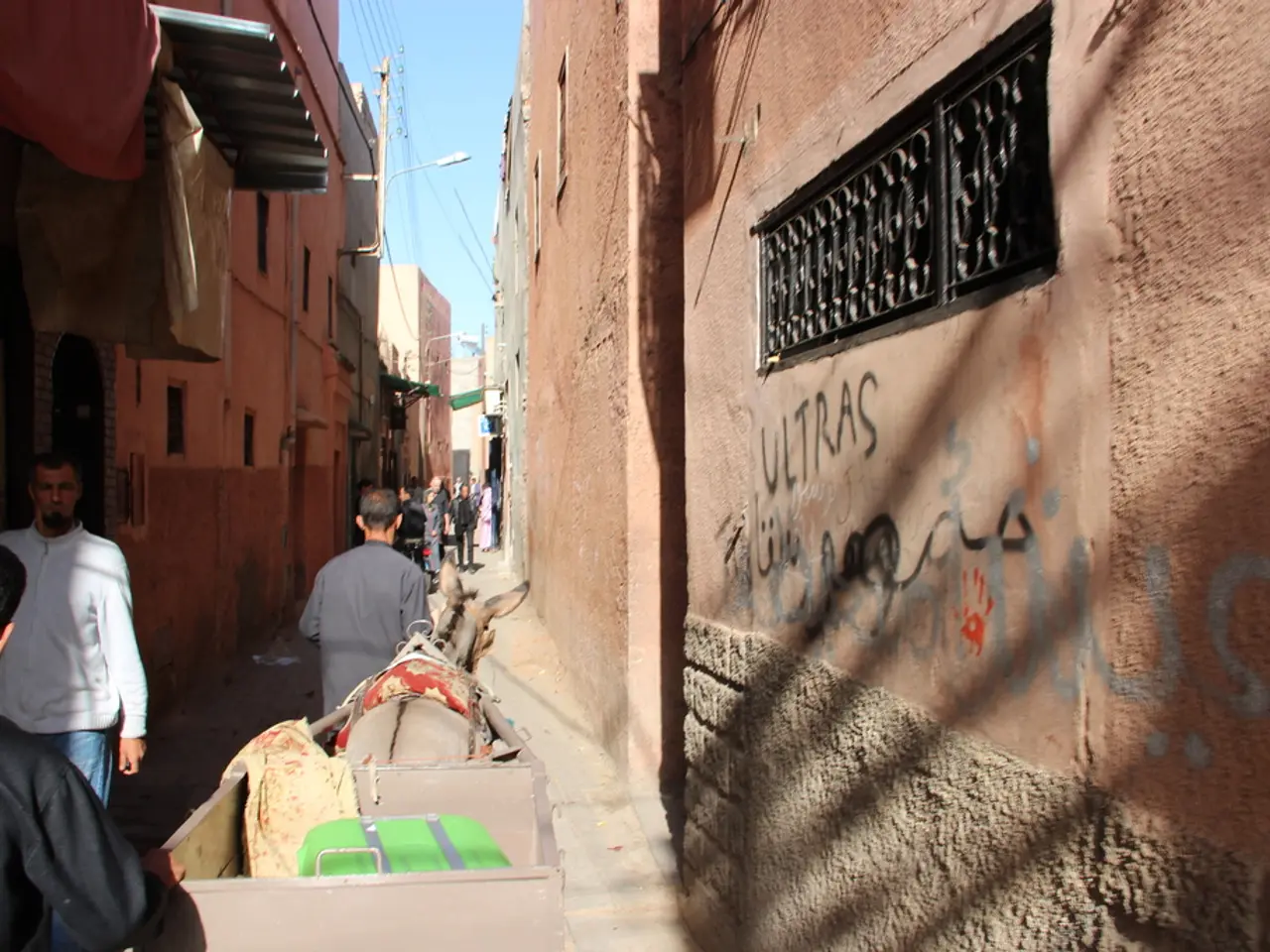India Determined to Counter US Tariff Increase on Russian Oil, Pledges to Safeguard Farmers and Expand Global Trade Relations
In a significant development, India has responded cautiously but firmly to the US decision to double tariffs on Indian goods from 25% to 50%, effective August 27, 2025. The move comes in response to India's continued imports of Russian oil, a decision that the US views as retaliatory action.
The tariff increase poses a challenge to India's economy, particularly in the energy sector and agricultural exports. The US move threatens to raise costs on Indian exports, indirectly pressuring India's energy procurement strategy. However, India has not announced major changes to its oil sourcing, implying it may absorb short-term economic pain to maintain energy security.
In the agricultural sector, higher US tariffs could impact Indian exports to the US market, potentially hurting farmers dependent on these exports. The increased tariffs may raise costs for agricultural inputs and equipment from US-origin goods. India may seek to mitigate these impacts by exploring alternative markets or increasing domestic support to farmers, although specific government measures were not detailed in the immediate aftermath.
The tariff hike represents a friction point in India-US relations, which had seen growing cooperation but are now tested by trade disputes. India's decision to continue Russian oil purchases despite US opposition signals a more independent foreign policy approach. This has reverberations beyond bilateral ties, as India balances its relations with other global powers amid the Russia-Ukraine conflict and shifting alliances. India is likely to continue diplomatic engagement to manage tensions while protecting its economic and strategic interests.
In response to the US tariff increase, India is constructing a diplomatic counterweight. India may turn towards alternative export markets in the Middle East, Latin America, Africa, and South Asia if the US remains a challenging market. Prime Minister Narendra Modi is preparing for his first visit to China in over seven years, and External Affairs Minister S Jaishankar will visit Russia soon. India, along with Brazil, is now at the highest tariff rate imposed by the US.
Prime Minister Modi insists that India will never bargain the well-being of its farmers, dairy industry, and fishermen. In a show of solidarity, Prime Minister Modi and Brazilian President Luiz Inacio Lula da Silva have decided to collaborate through BRICS to address the tariff challenge. Russian President Vladimir Putin received India's National Security Adviser Ajit Doval in Moscow, reiterating their strategic partnership.
China's ambassador to India, Xu Feihong, voiced support for New Delhi's position, warning, "Give the bully an inch, he will take a mile." The US is aiming to curb Moscow's oil earnings and push President Vladimir Putin to stop the Ukraine war with this tariff policy.
In summary, India's response involves balancing firm energy procurement and economic priorities against US trade pressures, with potential short-term disruptions to farmers and overall trade. The tariff escalation marks a moment of tension in India-US relations, reflecting broader geopolitical complexities influencing trade and diplomacy in 2025.
The tariff increase on Indian goods could provoke a shift in India's exports, prompting a potential exploration of markets in the Middle East, Latin America, Africa, and South Asia as alternate trade routes. The ongoing trade disputes are seen as a test for India-US relations, with politics and policy-and-legislation playing a significant role in shaping the regional landscape, particularly in the context of war-and-conflicts around the world, such as the Russia-Ukraine conflict.








